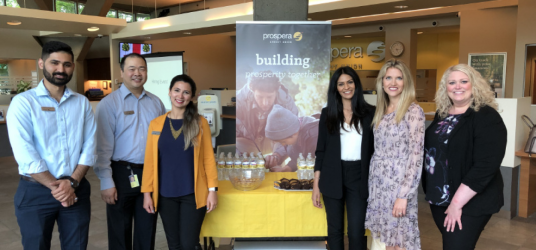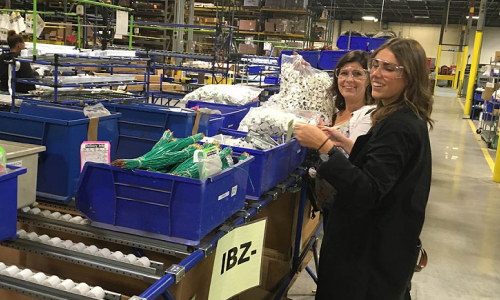
If you find yourself wondering why you majored in Psychology, Business, or Communication, when the truth is you don’t want to pursue any of those fields, you’re in good company. The nagging feeling that you might not be suited for what you just spent four or more years studying is hard to ignore.
After deciding on Communication as my major, I never thought I’d get to work in the business field. Yet, I am now doing my co-op in a financial institution as a Human Resources Coordinator. It took a lot of effort and persistence to get a job in this field and I often thought of quitting the co-op process. Near the end of the seeking semester, with my job application tally well over 60, I told myself to apply to ‘ONE LAST JOB’. Many of my friends did not think they had a chance getting a job outside of their faculty, and ended up limiting their experience. This may be true for some specific faculties, but for many, applying to jobs outside of your major and/or faculty can help you discover a whole new area of interest. Frankly, applying for a business position was one of my best decisions so far and I’ll tell you why:
Confidence Building
Receiving a degree and then getting experience in exactly that field doesn’t distinguish you from everyone else who took those same two steps. Employers will want more from you. A mix-matched, unique skillset will allow you to be more confident and can eventually attract more employers. Business courses helped me with workplace etiquette, while communication courses allowed me to develop different perspectives, building up confidence in my skills and abilities.
Don’t Ever Think Your Degree Is Wasted
I think this is one of those myths we all hear. I don’t believe learning is ever wasted. It’s always important and it’s always worthwhile. Sometimes you pursue something that ends up not being necessary, but it’s not useless. Challenging yourself, adapting to new environments, and adding new skills to your reservoir will always be valuable. Part of my job is internal website editing and updating. I had no prior experience in this and a communication degree doesn’t teach website editing, but I used my degree to see how people might perceive the website content I change – a skill taught in many Communication courses.
Most Importantly, You’ll Know What You Want
I am at a time in my life where I can experiment with different sectors and jobs. My job is interesting, and it keeps me occupied throughout the day. I get to learn new things daily, but I know I can’t spend my life sitting in a chair. This is something I learned about myself that I wouldn’t have realized without this job.
Your Degree Is A Prerequisite For The Competitive Workforce
In my department, most of my colleagues have degrees outside the Human Resources field and they are great employees. Employers want to know that you will be able to learn quickly, fit into the workplace environment, and be responsive to the task at hand. More and more employers are now focusing on soft skills. I’d say there is no better place to learn people skills than Human Resources, otherwise known as the ‘people department’. This job allowed me to work on my soft skills as my job required me to be in contact with multiple people through different mediums. I have learnt how to present the company’s people policies and image through my behaviour and communication.
Enhanced Network
Networking at different functions can be very beneficial, even if you don’t think it’s directly related to your career interests. Any job you apply to requires references and contacts who can testify to your skills and experience. Working in different sectors and areas will allow you to build up your network for future opportunities. I know that after my degree ends I will have something valuable to show to prospective employers, as well as references from my co-op employers to back up my claims.
An amazing benefit of co-op is being able to sample different job sectors and positions, without having to fully commit long-term to a particular one. Not only will a variety of work experience boost your resume and portfolio, but it will help promote personal growth and allow you to know yourself better. I worked in Human Resources and I love my team, the company culture, the workload, and obviously the free food! However, I know I do not want to work in Human Resources all my life. For my next co-op, or my after-degree job, I want to explore a new field and see where a different work adventure can take me.














